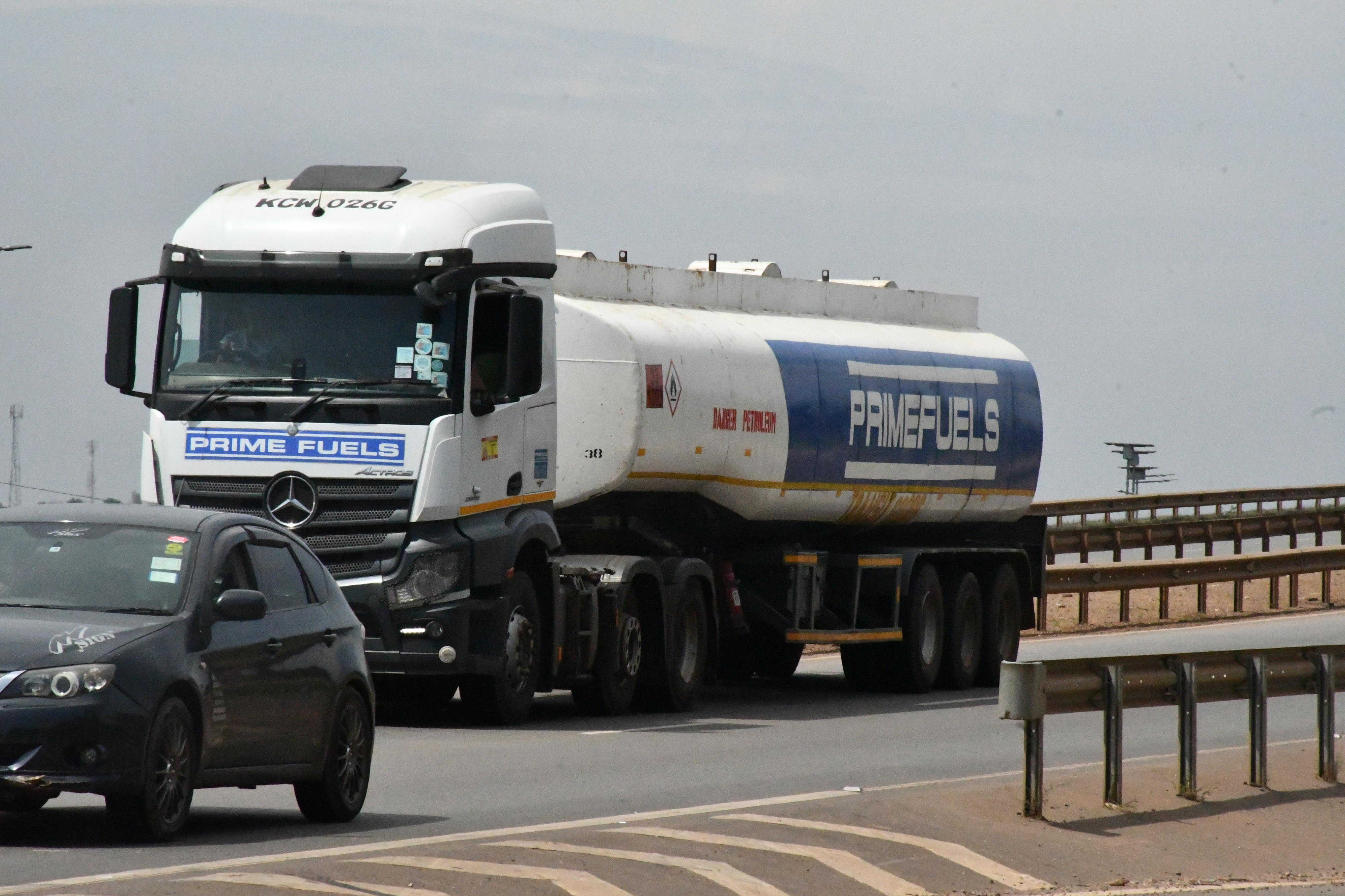UNOC to import first batch of petroleum products in June

Bypass. Under the new arrangement UNOC will bypass oil marketing companies in Kenya to buy petroleum products directly from suppliers. PHOTO / FILE
What you need to know:
- UNOC had planned to start importation of Uganda’s petroleum products this month.
The Ministry of Energy has indicated that the delay by Uganda National Oil Company (UNOC) to secure a license from Kenya’s Energy and Petroleum Regulatory Authority (EPRA) will defer the country’s plan to start the importation of petroleum products by at least three months.
Speaking at the inauguration of the new UNOC board in Kampala yesterday, Energy Minister Ruth Nankabirwa, said government had planned to start importation of petroleum products through UNOC this month but the delay to get a license had made it inevitable to postpone the schedule.
“We got the license this month, but it was too late for the products of April to come. So, we shall now place an order for June,” she said, noting that UNOC, under the new arrangement, will work with partners to ensure that pump prices come down as soon as possible.
Last month, Kenya ended a petroleum products import feud, granting UNOC a license to import petroleum products through Mombasa port, which effectively ended a month-long dispute.
Uganda imports 90 percent of its refined petroleum products through Mombasa port.
The products have been traditionally handled by oil marketing companies operating in Kenya through the Kenya Open Tender System, but Uganda last year made a policy shift, which empowered UNOC to be the sole importer and supplier of all petroleum products.
However, after UNOC had engaged Kenya on the matter, EPRA denied the state-owned entity a license that would allow it to enter into a storage and transportation agreement with Kenya Pipeline Company as well as obtain regulatory requirements, including an import, export and wholesale of petroleum products (except LPG) license.
However, the matter was resolved last month with Kenya noting that usage of the pipeline was an opportunity for its economy.
Government has already worked out modalities in which UNOC will buy petroleum imports from Vitol Bahrain.
The products will thereafter be supplied through Vitol, which, under the arrangement, is contracted as the bulk petroleum supplier.
UNOC is also working with Vitol, according to Ms Nankabirwa, to construct a storage terminal, which will be key in ensuring that the oil and petroleum products market is stable and is sustainably exploited, while at the same ensuring that pump prices are manageable.
Fuel prices remain a sticky issue, worsened, according to government by manipulative middlemen.
Ms Nankabirwa also tasked the new UNOC board to ensure that Ugandans enjoy manageable pump prices, which currently average at Shs5,300 for petrol and Shs5,000 for diesel.
Mr Mathias Katamba, a seasoned banker, who replaces Mr Emmanuel Katongole as the new UNOC chairman, said they will work with partners to ensure that pump prices come down as soon as possible.
The seven-member board also has six non-executive directors, including Eng Herbert Mugizi, Ms Justine Isenyi, Dr Ivan Lule, Mr Moses Kabanda, Dr Simon Echegu and Ms Zulaika M. Kasajja.
UNOC is also planning to construct a storage terminal in Namwabula, Mpigi District, which Mr Katongole said would act as a buffer for supply and market stability.




